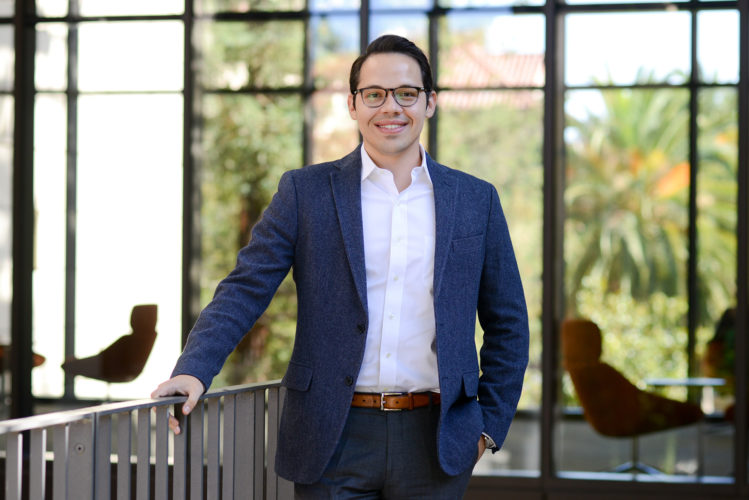Recent Stanford Law Paper Offers Insight on How Latin American Judges Are Defending Democracy
The judicial branches in Mexico, Brazil and Colombia are acting as a bulwark against authoritarianism, according to an article by SLS’s Diego Zambrano and co-authors
A recent Journal of Democracy article, “How Latin America’s Judges are Defending Democracy,” analyzes how the judicial branches of three of Latin America’s largest countries are each taking principled and important actions that run counter to the trend toward democratic backslide in the region and beyond. There is little track record of independent Latin American judiciaries standing in the way of authoritarian governments, according to the authors, and yet Brazil, Mexico, and Colombia have, over the last several years, produced robust institutions able to check leaders with authoritarian tendencies.

“In a dramatic succession of recent cases, courts in these three countries have been innovative, acted with a high degree of independence, and appear legitimately interested in defending democratic norms,” according to the article authored by Stanford Law School’s Diego Zambrano, associate professor of law, and JSD students Ludmilla Martins da Silva and Rolando Garcia Miron. Santiago P. Rodríguez, a clerk for Justice Natalia Ángel Cabo of the Colombian Constitutional Court, also contributed to the article.
In their article, the authors explore the roots of the recent judicial independence in Brazil, Mexico, and Colombia and argue that there are two ways to examine these recent successes: with external accounts that focus on changes in culture, media, and the unpopularity of authoritarian governments; and with internal accounts that home in on the courts’ appointment processes, personnel, and structural protections of judicial tenure.
“Like many places around the world, Latin America is seeing authoritarian attacks on democracy, yet we lack a nuanced understanding of what kinds of institutions can effectively protect democracy,” Zambrano said. “We focused on this phenomenon now because the highest courts in Brazil, Mexico, and Colombia are behaving in an unprecedented way—they genuinely seem interested and ready to defend democracy. While it may be early to make final judgments on the judicial interventions in these countries, these cases deserve closer examination within academic discourse.”

Martins da Silva said she and her fellow researchers were surprised to discover common factors among the three countries, despite their distinct cultural and historical backgrounds. “One particularly intriguing commonality is the pivotal role played by self-preservation and the cultivation of institutional identities in shielding the courts from attacks,” she said. “In Brazil, the justices’ actions were partially prompted by concerns for their safety. In Mexico, the justices deemed Mexican President Andrés Manuel López Obrador’s electoral ‘reform’ unconstitutional, perhaps conscious that the Supreme Court might be his next target. While the Colombian case differs slightly, the prospect of a three-term president (back in 2010) challenging other democratic institutions, like the Constitutional Court, also played a significant role in triggering the Constitutional Court’s response.”
Read “How Latin America’s Judges are Defending Democracy”
SLS’s Neukom Center for the Rule of Law has hosted Supreme Court justices from Brazil, Mexico, and Colombia in the past year. Read about those visits here. The Neukom Center also leads several initiatives to study judicial reforms in Latin America, including through a policy lab called “Global Trends in Judicial Reforms.” Similarly, SLS’s new Rule of Law Impact Lab has partnered with the Mexican Bar Association on amicus briefs and other initiatives relating to Mexican President Lopez Obrador’s attempts to weaken the country’s judicial system. Read about those projects here.
About Stanford Law School
Stanford Law School is one of the nation’s leading institutions for legal scholarship and education. Its alumni are among the most influential decision makers in law, politics, business, and high technology. Faculty members argue before the Supreme Court, testify before Congress, produce outstanding legal scholarship and empirical analysis, and contribute regularly to the nation’s press as legal and policy experts. Stanford Law School has established a model for legal education that provides rigorous interdisciplinary training, hands-on experience, global perspective, and focus on public service, spearheading a movement for change.
